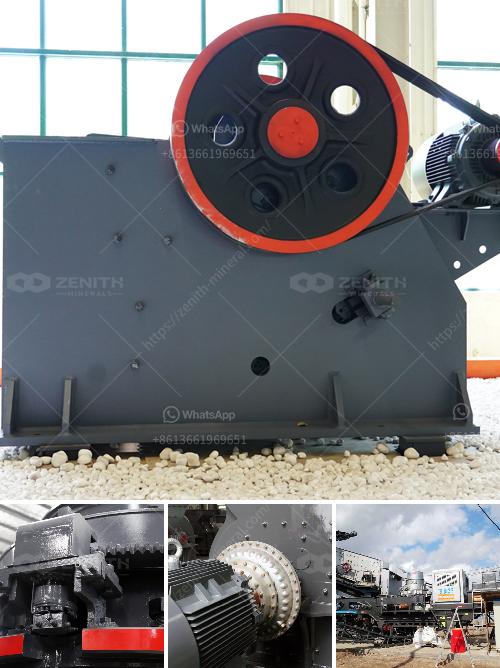Choosing a mobile crushing plant involves several considerations to ensure that the equipment meets your specific needs and operational requirements. Here are the key factors to consider:
1. Material Type and Hardness
- Type of Material: Determine the type of material you will be crushing. Different materials, such as granite, limestone, or concrete, have different properties and require different types of crushers.
- Hardness: The hardness of the material, often measured by the Mohs scale, will influence the type of crusher you need. Harder materials require more robust and durable crushers.
2. Capacity Requirements
- Production Capacity: Assess the required production capacity in tons per hour (TPH). This will help you choose a crusher that can handle the volume of material you need to process.
- Scalability: Consider whether the plant can be scaled up or down to meet changing production needs.
3. Mobility and Flexibility
- Mobility: Evaluate the mobility of the crushing plant. Mobile plants can be easily moved to different locations, which is beneficial for projects that require frequent relocation.
- Setup Time: Consider the time required to set up and dismantle the plant. A plant with a quick setup time can save you valuable time and labor costs.
4. Crusher Type
- Jaw Crusher: Suitable for primary crushing of large rocks and materials with high compressive strength.
- Impact Crusher: Ideal for secondary crushing and materials with lower hardness. It provides good product shape and size.
- Cone Crusher: Best for secondary and tertiary crushing of hard and abrasive materials. It offers high efficiency and fine product size.
5. Feeding and Discharging
- Feeding Mechanism: Ensure the plant has an efficient feeding mechanism to handle the input material smoothly.
- Discharge Size: Determine the desired discharge size and ensure the crusher can produce the required output size.
6. Power Source
- Diesel Engine: Mobile plants often use diesel engines, which provide flexibility in remote locations without access to electricity.
- Electric Motor: Some plants use electric motors, which can be more efficient and environmentally friendly if electricity is available.
7. Maintenance and Support
- Ease of Maintenance: Choose a plant that is easy to maintain and has readily available spare parts.
- Technical Support: Ensure the manufacturer or supplier provides good technical support and after-sales service.
8. Cost and Budget
- Initial Cost: Consider the initial purchase cost of the plant.
- Operating Costs: Evaluate the operating costs, including fuel, maintenance, and labor.
- Return on Investment (ROI): Calculate the potential ROI based on the plant's efficiency and productivity.
9. Environmental Considerations
- Emissions: Check if the plant meets environmental regulations regarding emissions and noise levels.
- Dust Control: Ensure the plant has adequate dust control measures to minimize environmental impact.
10. Manufacturer Reputation
- Brand Reputation: Choose a reputable manufacturer with a proven track record of producing reliable and high-quality crushing plants.
- Customer Reviews: Read customer reviews and testimonials to gauge the performance and reliability of the plant.
By carefully considering these factors, you can select a mobile crushing plant that meets your specific needs and ensures efficient and cost-effective operation.

